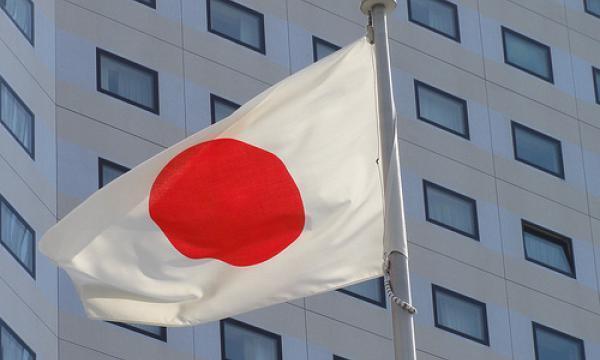
Japan's liver cancer surveillance program hailed as world's best
The country established the programme for early detection of HCC in the 1980s.
Japan’s surveillance program for hepatocellular carcinoma (HCC), the most common type of liver cancer, showed better outcomes for its patients and should serve as a benchmark for other countries, according to a report from GlobalData.
Key opinion leaders (KOLs) in the US, 5EU and China have confirmed that they are not satisfied with the current state of surveillance programs for HCC. They also feel there are no imminent plans to implement better nationwide programs.
“The surveillance and screening of patients with chronic liver disease is recommended by HCC guidelines worldwide, but there is still a worrying lack of focus in improving these services in key major countries,” GlobalData’s healthcare analyst Mandana Emamzadeh said.
Emamzadeh found that surveillance in the US, 5EU and China lags considerably behind the surveillance in Japan, which has a noteworthy impact on the stage of HCC at diagnosis.
Due to the high frequency of HCC in Asia, Japan established a nationwide HCC surveillance program in the 1980s. This allows for earlier detection of HCC in Japan, which has led to the majority of patients being diagnosed at Barcelona Clinic Liver Cancer (BCLC) stage 0 or A: the earliest stages of disease, the report noted.
“While some countries commonly use specific methods – from imaging tests such as ultrasound, to magnetic resonance imaging (MRI), computerized tomography (CT) and biomarkers such as alpha-fetoprotein (AFP) – Japanese patients typically receive a combination of all of these,” GlobalData stated.
Emamzadeh noted that only 5.7% of patients are diagnosed in BCLC Stage C in Japan, and 62% are diagnosed at Stage A. Meanwhile, in the US, only 31% of patients are diagnosed in Stage C and 28% in Stage A.
“Although surveillance can prolong chronic liver disease patients’ lifespan by detecting HCC at curable stages, currently the focus of the pharmaceutical industry is on drug development in the late-stage, with therapies that do not achieve a cure,” Emamzadeh added.







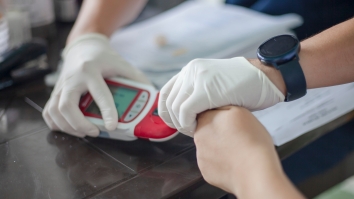












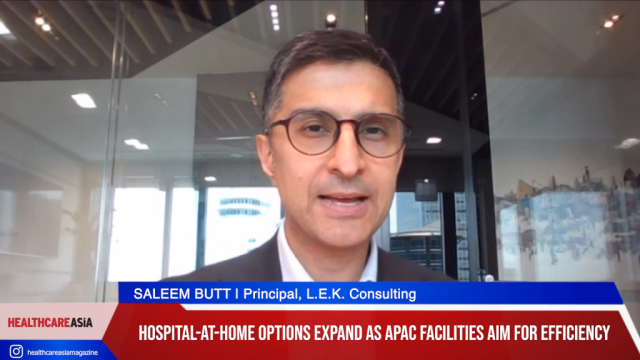
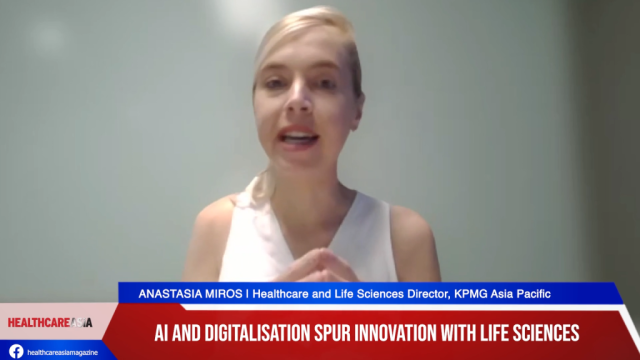
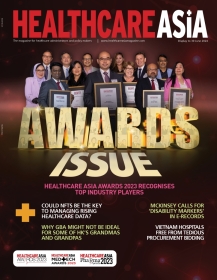
 Advertise
Advertise








